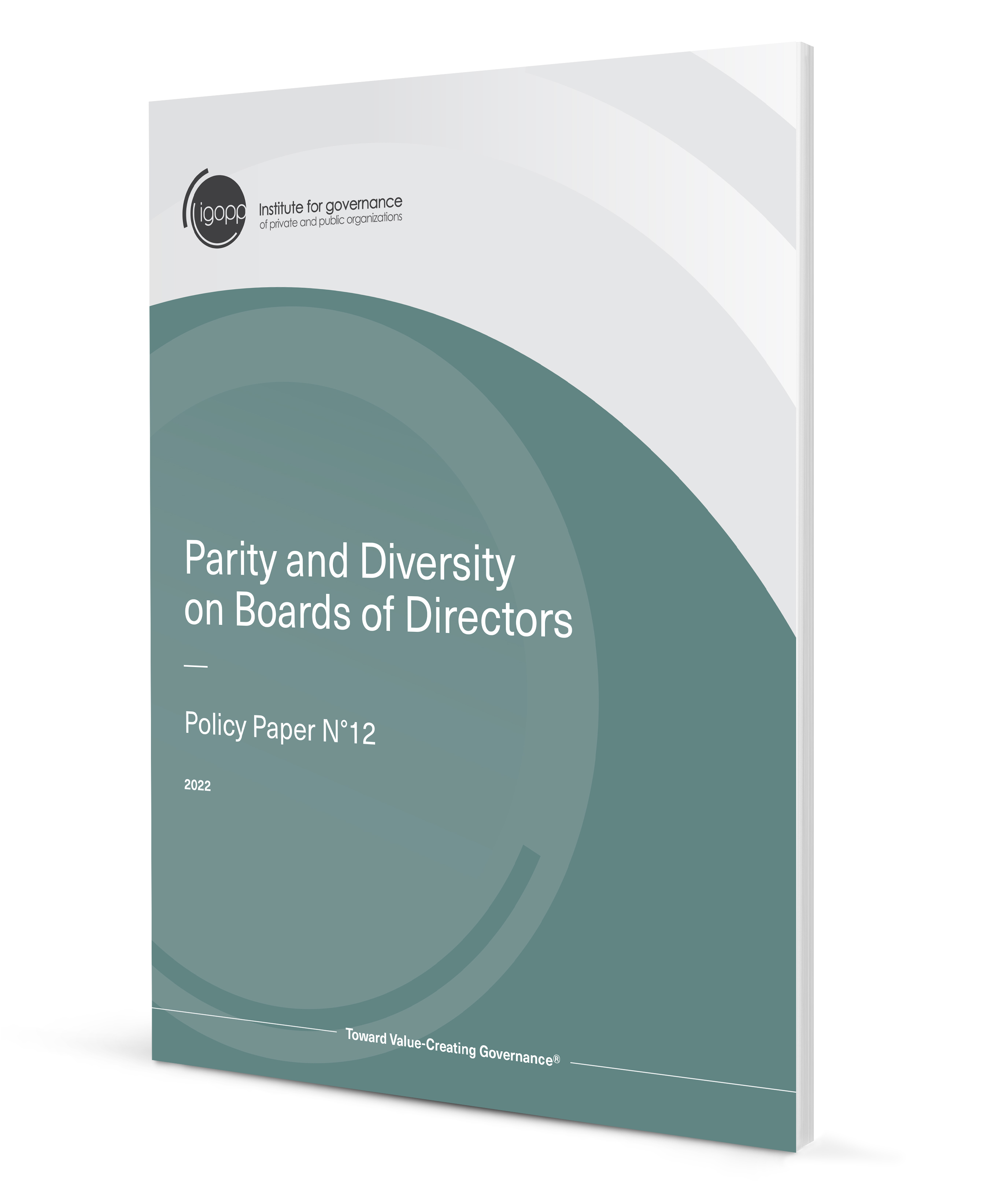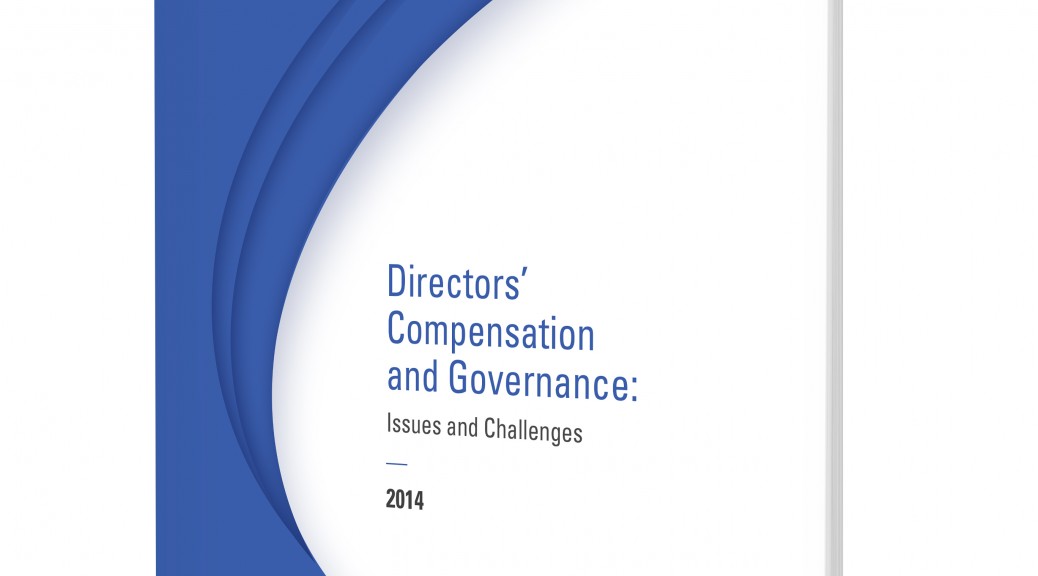It is tiresome indeed to debate with people who never respond to your fundamental arguments. Instead, they wrap themselves in the spurious argument of “shareholder democracy”. If corporations were to apply the principles of citizen democracy, tourists-shareholders would not have the right to vote and newcomers to shareholding would have to wait a good period of time before acquiring the right to vote.
They basically claim that boards are incompetent, biased, conflicted and, thus, should not be left to decide what is in the best interest of the company. They rehash the quaint notion that management is, ipso facto, against the takeover of their company because of inherent conflicts of interest; yet, because of the changes in compensation system for executives and board members, the concern has become that management and boards may be too receptive to a takeover offer that may not be in the interest of the corporation and its stakeholders. The potential conflict of interest has switched side.
They might go so far as to claim that the Supreme Court of Canada has not clearly stated in BCE v. debenture holders (2008) that:
[38] The fiduciary duty of the directors to the corporation is a broad, contextual concept. It is not confined to short-term profit or share value. Where the corporation is an ongoing concern, it looks to the long-term interests of the corporation.
[40] In considering what is in the best interests of the corporation, directors may look to the interests of, inter alia, shareholders, employees, creditors, consumers, governments and the environment to inform their decisions.
Courts should give appropriate deference to the business judgment of directors who take into account these ancillary interests, as reflected by the business judgment rule… It reflects the reality that directors, who are mandated under s. 102(1) of the CBCA to manage the corporation’s business and affairs, are often better suited to determine what is in the best interests of the corporation.
That seems a pretty clear interpretation of the fiduciary duties of boards by the ultimate authority in the land. Nowhere does it even open the door to the argument that shareholders are the prime stakeholder, solely entitled to decide the fate of a corporation.
Is it not obvious and strange that the Canadian securities commissions, at least since 2008, are acting in contravention of Supreme Court judgments, are in a sense imposing an illegal takeover framework on boards of directors?
It is stunning to watch the debate going on in Canada as screaming examples of cases in point go unheeded, if not unnoticed.
Osisko, the Quebec-based gold mine, was taken over eventually at a $1 billion more for shareholders because ingenious tactics managed to delay the application of the diktats of the Canadian securities commissions. Its management and board of directors remain convinced that they would have created even more value, had they been able to carry on with their strategy.
At the same time, the board of Allergan, a Delaware corporation, is politely telling Valeant and its agent, Bill Ackman’s Pershing Square, to go fly a kite. This case offers an eloquent counter-argument to those who wax poetic about the virtues of “shareholders”. Ackman, it is claimed, has acquired a stake of close to 10% in Allergan shares, thus supposedly making him a valued shareholder worthy of commiseration. Of course, he did not buy shares of Allergan but instead bought almost exclusively derivative calls at a fraction of the price of the shares, on which calls he has already made a paper profit of $1 billion. These are the typical “shareholders” that show up anytime a company is put in play. They should decide the fate of companies? That is ridiculous, indeed obscene.
Fortunately for Allergan, Delaware, a state where a majority of large U.S. corporations are incorporated, has developed one of the most enlightened corporate law regime. It allows boards of directors to reject a takeover bid that, in their judgment, is not in the long-term interest of the company.
This decision by boards of directors may be contested in courts if parties deem that the board has not acted in the long-term interest of the company but they will have to surmount the hurdle of the “business judgment rule”.
Wisely (actually because of the separation of powers between state governments and the federal government), the Securities and Exchange Commission (SEC) has no say in the matter of takeovers.
Indeed, Canadian corporate governance already incorporates what activist investors are fighting for in the United States; elimination of staggered boards and separation of power between the chair of the board and the CEO, both governance principles which already make it easier to carry out a hostile takeover in Canada.
Finally, large institutional investors, siding against any change to the Canadian takeover regime, should review the evidence that U.S. state laws to increase the power of boards to “just say no” to takeovers have indeed led to far fewer hostile takeovers; but the rate of successful takeovers actually increased and shareholders received a substantially better offer for their shares. In the U.S., boards of directors with enhanced powers have extracted better deals for their shareholders.



